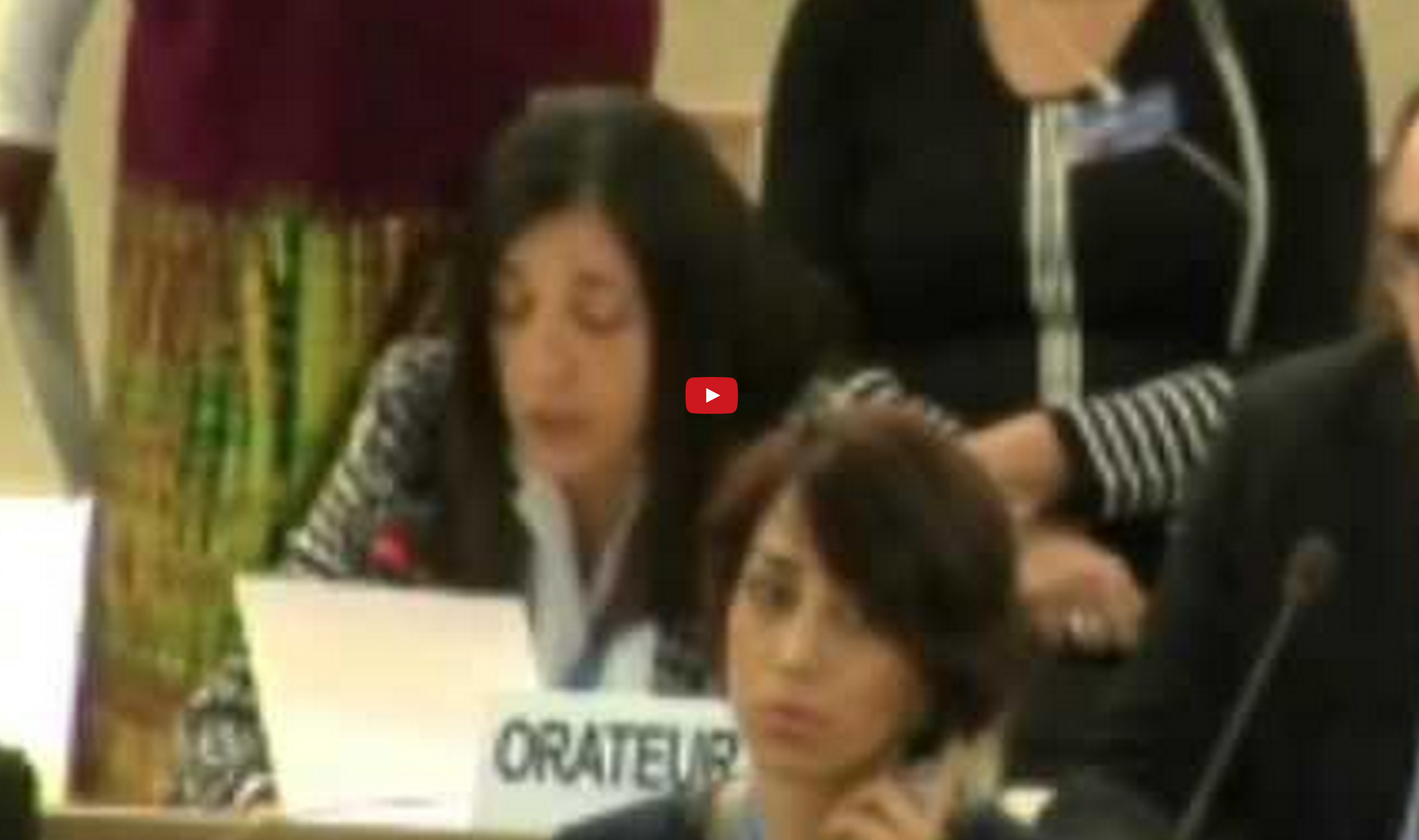The global community is witnessing an earnest dialogue on human rights, particularly regarding the plight of marginalized groups. Within this discourse, the Bahá’í community in Iran has garnered significant attention. The Bahá’í faith, a relatively nascent religion emerging in the mid-19th century, emphasizes the oneness of humanity, the elimination of all forms of prejudice, and the pursuit of unity. Unfortunately, the followers of this programmatic ethos have faced severe persecution in Iran, thus raising poignant questions about religious freedom and human dignity. This article delves into the ongoing concerns surrounding the oppression of Iranian Bahá’ís as addressed at the UN Human Rights Council (UNHRC).
The Bahá’í community has been subjected to systematic discrimination since the inception of the faith. The persecution has manifested in various forms, including social ostracism, economic disenfranchisement, and violent reprisals. This oppressive milieu is particularly evident in Iran, where the state has historically viewed the Bahá’í faith as a heretical offshoot of Islam, engendering animosity and hostility. An exploration of this systematic marginalization unveils deeper sociopolitical dynamics that underpin the Iranian government’s animosity toward the Bahá’í community.
The UN Human Rights Council has emerged as a critical platform for voicing concerns regarding the treatment of the Iranian Bahá’ís. The international body convenes to assess human rights conditions globally, offering a forum for member states and non-governmental organizations to bring forth issues of significance. The recurrent discussions surrounding the Bahá’í community at the UNHRC mark a growing awareness among the international community regarding the systematic repression faced by these individuals.
At the heart of the matter is the violation of fundamental human rights. The Universal Declaration of Human Rights, adopted by the UN in 1948, articulates essential freedoms, including freedom of thought, conscience, and religion. The Bahá’í community’s treatment in Iran starkly contrasts with these principles. A concerning pattern emerges wherein Bahá’ís are not only denied the freedom to practice their faith openly but also face legal ramifications that infringe their rights to education, employment, and political participation.
The Iranian state has often rationalized its actions against Bahá’ís through a lens of national security. Such narratives perpetuate the idea that the Bahá’í community poses a threat to Islamic values and societal cohesion. However, this justification is replete with contradictions. By fostering an environment of fear and intolerance, the Iranian government undermines its claims to uphold collective security. The irony lies in the fact that the Bahá’í teachings advocate for the very principles that the state purports to defend: unity, peace, and the advancement of society.
Moreover, the international advocacy efforts generated by the UNHRC discussions serve not only to spotlight the injustices faced by Bahá’ís but also to galvanize support from governments and civil societies worldwide. The raising of this issue on an international stage compels constituents to engage with the underlying human rights violations. It urges governments to not only condemn persecution in rhetoric but also take tangible actions against repressive regimes.
The plight of the Iranian Bahá’ís also invites reflection on the broader implications of religious persecution. The targeting of a religious minority is indicative of a wider trend where ideological conformity is prized over pluralism and tolerance. In a world that is increasingly interconnected, the denial of human rights to any group can signal precarious consequences for global peace and stability. The Bahá’í experience should serve as a cautionary tale that reverberates beyond the borders of Iran.
In addressing the concerns over the Bahá’í situation in Iran, several actionable insights and recommendations emerge. Firstly, the UN and other international bodies should increase their monitoring and reporting on human rights abuses faced by religious minorities, ensuring that such incidents remain in the public domain. Additionally, diplomatic engagement with Tehran should be leveraged to promote a dialogue on religious tolerance and human rights, employing both soft and hard measures to incentivize change.
Moreover, fostering alliances with local and international NGOs can amplify efforts to advocate for the rights of Iranian Bahá’ís. Collaborative initiatives that spotlight personal narratives through survivor testimonies can humanize abstract discussions and engender empathy within broader audiences. By elevating these voices, the complexities of the Bahá’í experience may catalyze advocacy at grassroots and institutional levels.
In conclusion, the spotlight on the persecution of Iranian Bahá’ís at the UN Human Rights Council encapsulates critical issues surrounding religious freedom, human dignity, and societal progress. The call for justice and equity must reverberate loudly, illuminating the intricate interplay between local grievances and global responsibilities. As the Bahá’í teachings underscore the worth of each individual, the international community must champion these ideals, striving towards a world where religious pluralism is not merely tolerated, but celebrated as a cornerstone of human civilization.
